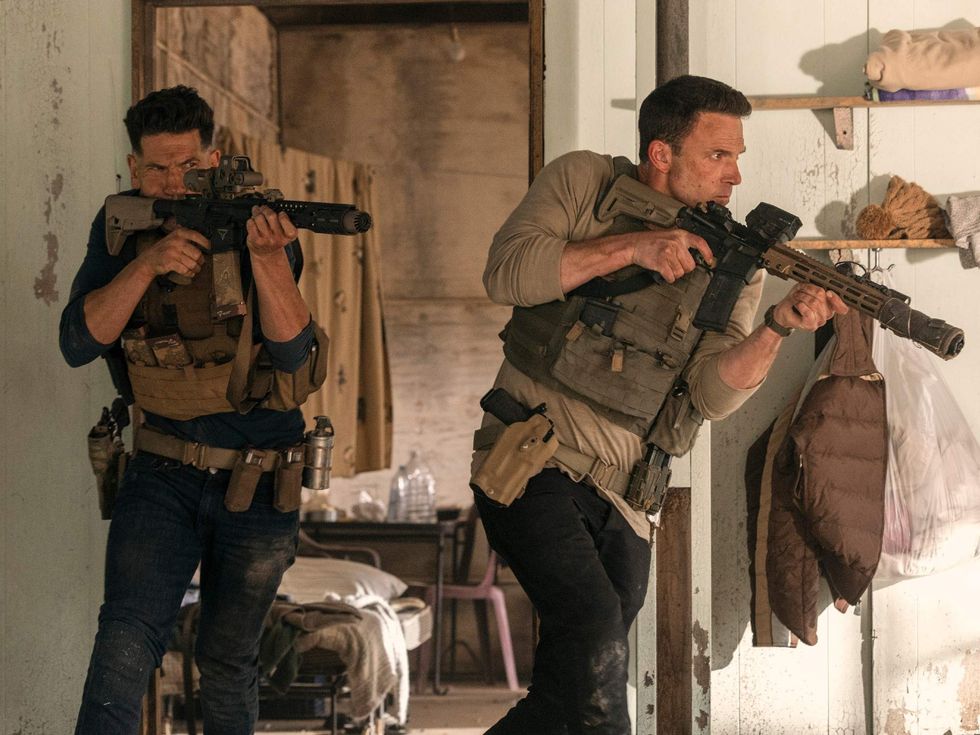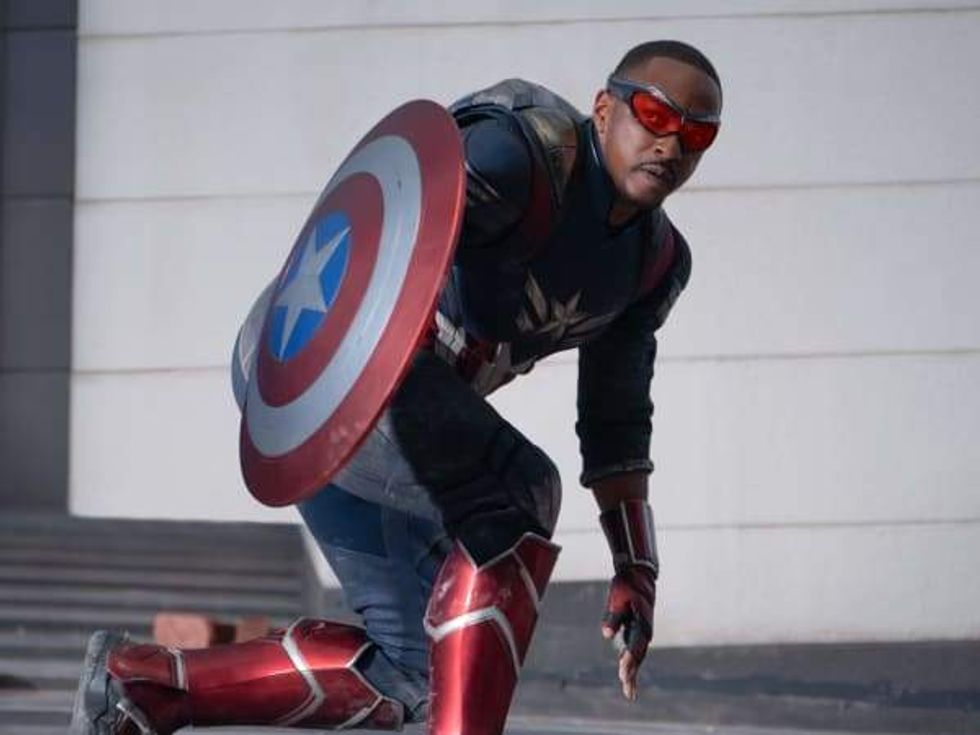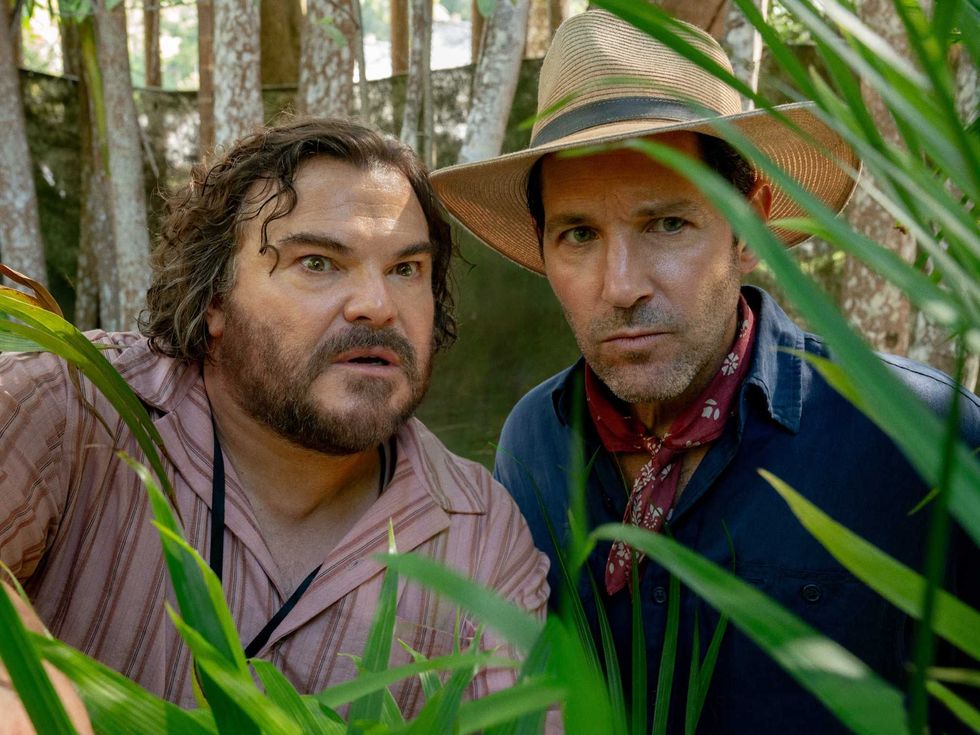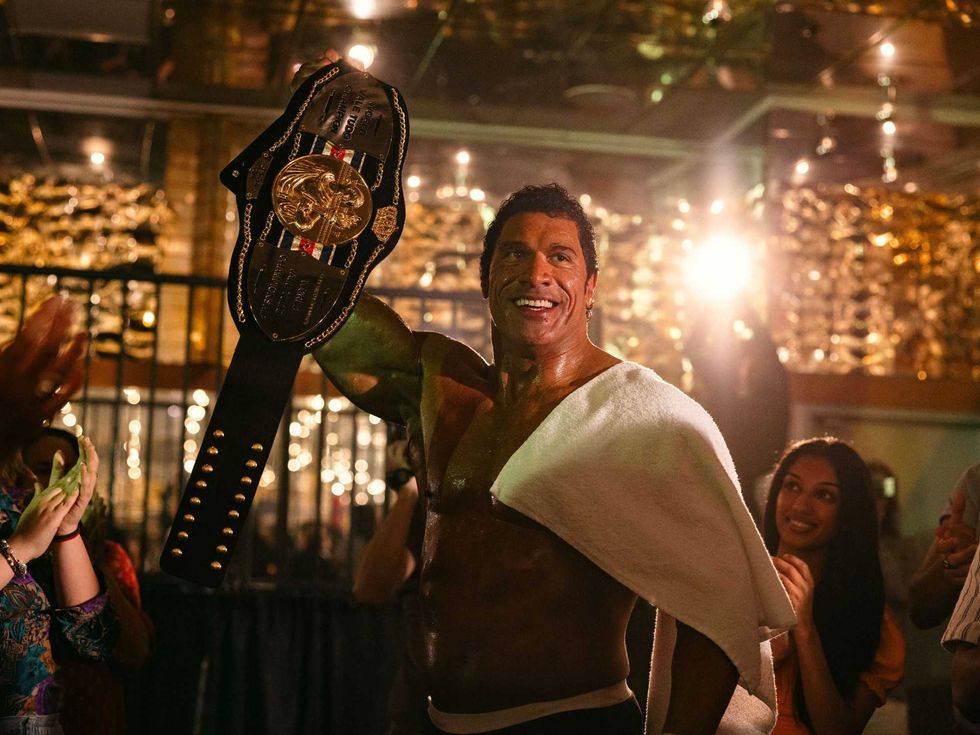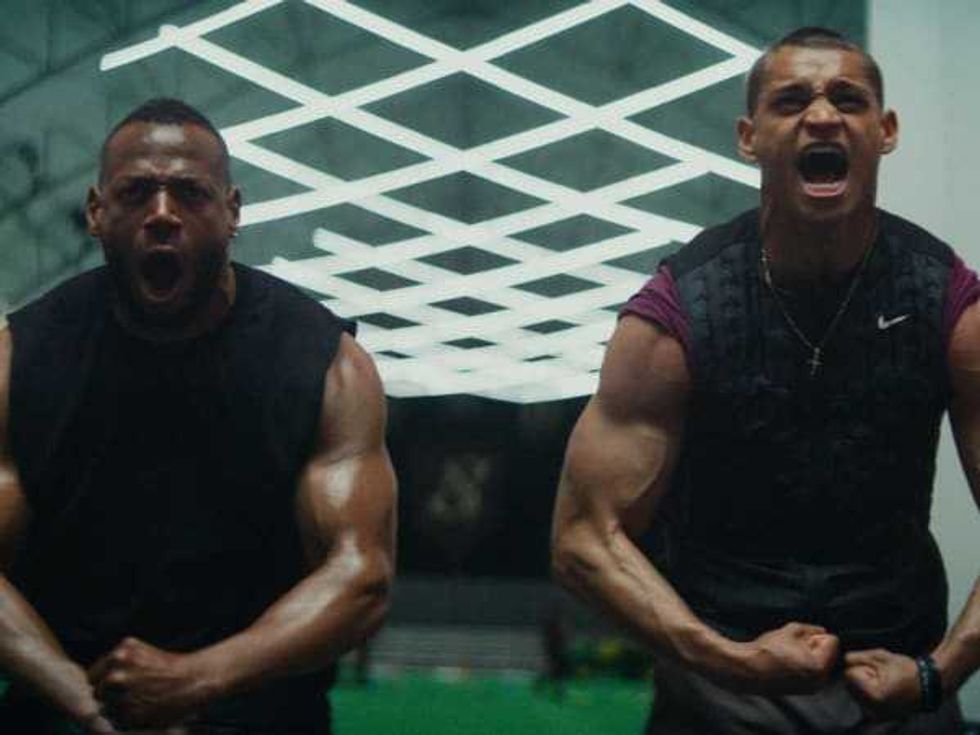Houston's Got Next
The Butler almost did it: Thanks to Coach K's foul strategy
Whether rooting for underdog Butler or evil empire Duke, that was a great 40 minutes of basketball. There's a reason everyone's still talking about the game today.
The closest NCAA Championship Game since 1989 saw players hustling for every shot, every rebound, every loose ball. This was a low-scoring affair because of spectacular defensive plays, not lackluster shooting or drive.
So it would have been fitting — perfect serendipity — if the foul shot purposely missed by Duke's Brian Zoubek with 3.6 seconds left in order to run out the clock had backfired and opened the door for a game-winning half-court 3-pointer by Butler star Gordon Hayward. The machinations of coach Mike Krzyzewski outdone by a squad that was tougher, scrappier, and playing 5.6 miles from their home court?
It would have almost been worth watching Duke climb through the brackets to get to see the Blue Devils get the title snatched away in the most agonizing way imaginable at the last possible moment.
But it was not to be. They say football is the game of inches, but Hayward's shot was only off by a couple, bouncing off the rim as the buzzer sounded.
It wasn't one for the record books, but it was a damn good game of basketball.
Congrats, Duke. I'm still writing you out of my bracket next year though. I don't want to see Blue Devils at Reliant for the 2011 Final Four.
Time to discuss the final play from this year that won't soon be forgotten, again, though. What do you think? Was Krzyzewski saved from being the ultimate goat by a few inches or did he make the right call all along?



